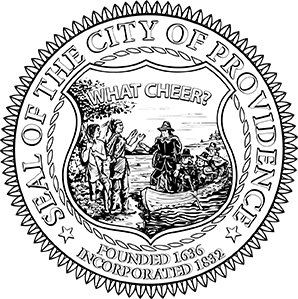What is FOG (fats, oil, and grease)?
You can find fats, oil, in meat fats, cooking oil, lard, shortening, butter, and margarine. FOG is also present in foods that use these substances.
What does FOG do?
Everyone knows that fats, oil, and grease cause problems for your heart because they can clog its ‘plumbing’. A dangerous clog prevents blood from flowing freely. Did you know that fats, oil, and grease can clog your home’s plumbing and your neighborhood’s sewer lines in the same way?
Why should I keep FOG out of the drain?
Grease-blocked pipes can cause:
- Sewage overflows in your home and neighborhood – a health hazard!
- Floods in your home that can result in significant damage to your property and belongings
- Expensive cleanup costs ranging in the thousands of dollars
- Potential exposure to disease-carrying organisms
- Higher sewage bills for homeowners due to increased sewer maintenance costs for the City
- Pollution to rivers, lakes, and public recreational spaces (for example, parks)
Putting fats, oil, and grease down the drain can be DANGEROUS and EXPENSIVE. But keeping your home’s plumbing and our community’s sewers trouble-free is easy.
List of things to Do:
- Dispose of fats, oil, and grease by enclosing them in a watertight container and tossing the container into the trash.
- Place all food scraps into your trash or compost bin. (Please scrape your plates clean)
- Scrape your dishes clear of food scraps and into the trash or compost bin.
- Place a catch basket or screen over the sink drain when washing or rinsing your dishes and kitchenware. Throw the scraps collected into the trash or compost bin.
- Wipe pots, dishes, and kitchenware with paper towels before rinsing or washing them.
- Rinse dishes and kitchenware with cold water before putting them into the dishwasher. Hot water melts fats, oil, and grease off of the dishes. This water enters the sewer pipes and creates clogs once it cools.
List of things NOT to do:
- Don’t run water over dirty dishes, pots, pans, and kitchenware to wash the grease down the drain.
- Never pour oil, drippings, sauces, or dressings down the sink, into the toilet, or into street gutters or drains.
- Don’t use a garbage disposal (or food grinder). These appliances grind up food into small pieces, but they don’t remove fats, oil, and grease. Both fats, oil, and grease and food particles can clog your home’s sewer lines.
- Use paper towels to wipe greasy dishes and kitchenware. Oily cloth towels and rags will release grease into your plumbing and sewer lines when they are washed.
Food service establishments are major sources of fats, oils, and grease in the sewer system.
Business owners can avoid the potential expense and inconvenience of a sewer backup and do their part to keep FOG (fats, oil, and grease) out of the sewer system.
What can food service establishments (i.e. restaurants) do?
Make sure that grease traps and interceptors are properly installed (level, vented, etc.)
- Clean and service your traps and interceptors regularly. Routine maintenance is necessary in order to reduce the risk of blockages.
- Use caution when using chemicals and additives that claim to dissolve grease. Some of these simply pass grease down pipes where it can accumulate and create a clog in the sewer line.
Some extra tips on how to properly dispose of FOG (fats, oil, and grease) in your kitchens:
- Collect and recycle all your cooking grease (yellow grease) and liquid oil.
- Soak up drips and spills by placing paper towels or absorbent pads in areas where grease can drip or spill.

